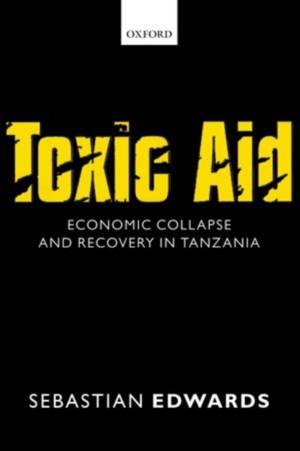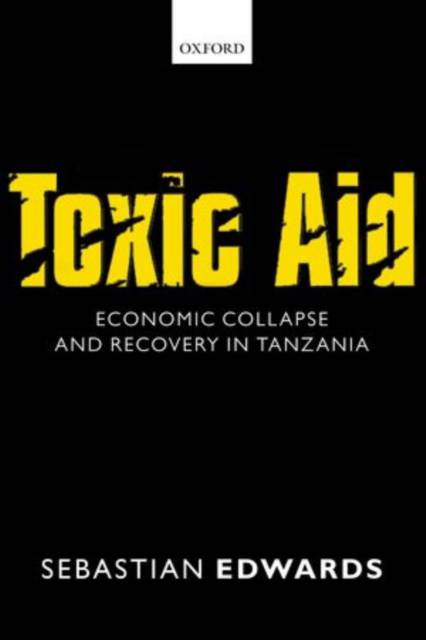
- Afhalen na 1 uur in een winkel met voorraad
- Gratis thuislevering in België vanaf € 30
- Ruim aanbod met 7 miljoen producten
- Afhalen na 1 uur in een winkel met voorraad
- Gratis thuislevering in België vanaf € 30
- Ruim aanbod met 7 miljoen producten
Zoeken
€ 169,45
+ 338 punten
Uitvoering
Omschrijving
For many years Tanzania was the darling of international aid agencies. During the 1970s it received more assistance per capita than any other nation in the world. And yet, the economy performed dismally: growth was negative, exports collapsed, and poverty increased massively. In the mid-1980s, however, the international community changed tack and developed an approach based on conditionality and "program ownership". Since 1996 the country has grown steadily, and social conditions have improved significantly. This book provides an economic history of Tanzania since independence in 1961. It covers the policies of African Socialism and the Arusha Declaration, the collapse of the early 1980s, the rocky relationships with the IMF, and the reforms of the 1990s and 2000s. This book shows that the relationship between foreign aid economic is highly complex, and that the effect of foreign assistance on poor countries performance depends on historical circumstances, ownership of programs,
and the involvement of the local communities.
and the involvement of the local communities.
Specificaties
Betrokkenen
- Auteur(s):
- Uitgeverij:
Inhoud
- Aantal bladzijden:
- 316
- Taal:
- Engels
Eigenschappen
- Productcode (EAN):
- 9780198704423
- Verschijningsdatum:
- 24/06/2014
- Uitvoering:
- Hardcover
- Formaat:
- Ongenaaid / garenloos gebonden
- Afmetingen:
- 140 mm x 218 mm
- Gewicht:
- 498 g

Alleen bij Standaard Boekhandel
+ 338 punten op je klantenkaart van Standaard Boekhandel
Beoordelingen
We publiceren alleen reviews die voldoen aan de voorwaarden voor reviews. Bekijk onze voorwaarden voor reviews.







